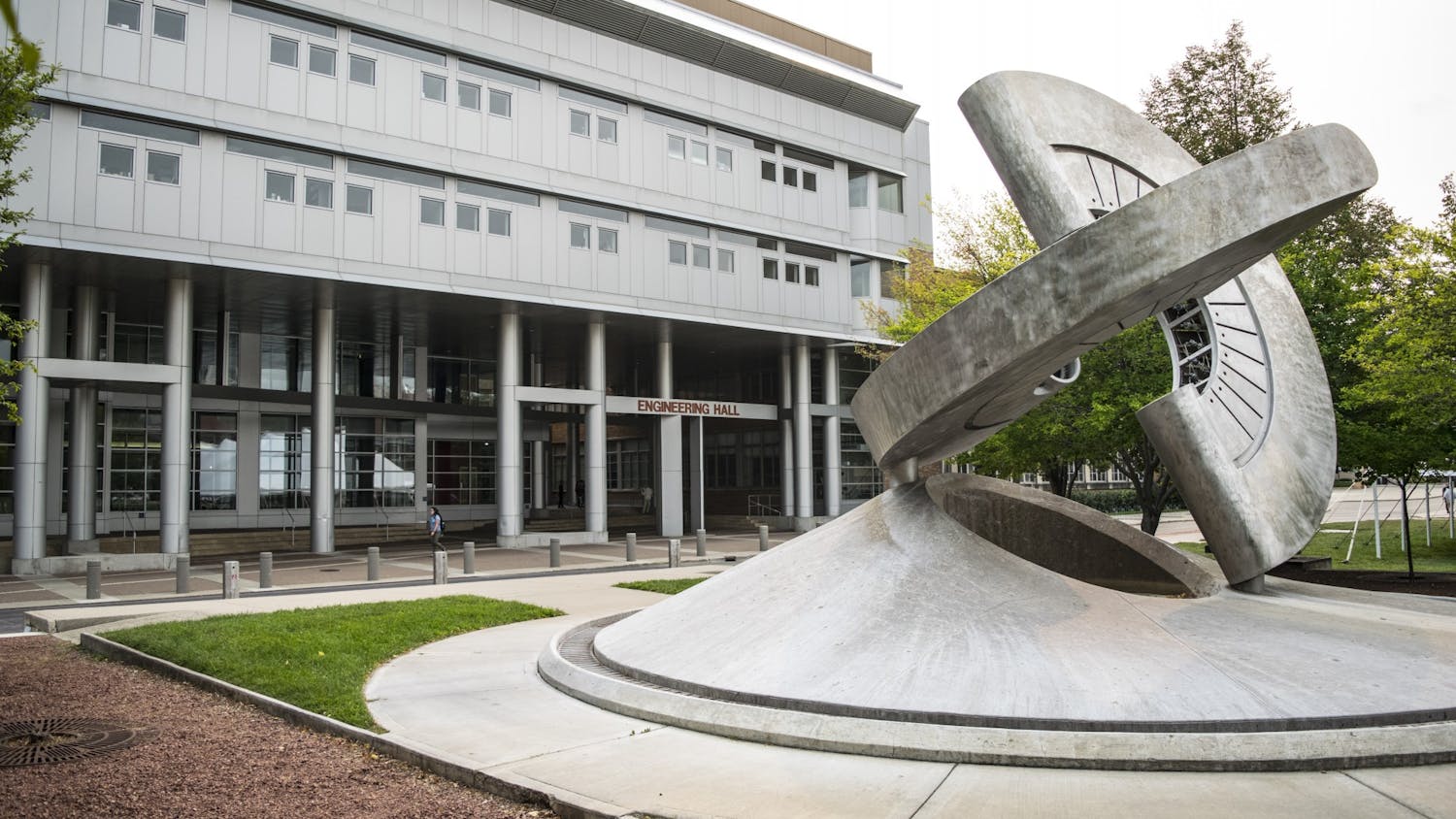Inspired by the recent “four days of terror,” when Immigration and Customs Enforcement agents arrested 83 undocumented immigrants in Wisconsin, a diverse group of scholars met to discuss “What Makes America Great” in the context of immigration, race and the Trump administration Wednesday evening.
During the “four days of terror,” a multitude of professors reported receiving emails from students who were afraid to come to class due to the ICE officers that were near campus.
ICE resorted to “targeting minors and inciting fear for minor children,” according to Cindy Cheng, professor of history. Targeting both documented and undocumented students, the repeal of legislation meant to protect immigrants has allowed for a mass amount of documented citizens to lose citizenship due to poverty or minor crimes.
The panel discussed how immigrants are a necessity to the Wisconsin workforce, especially in the dairy industry. In a market where farm laborers used to be paid $12-13 an hour, farms themselves are not making a great enough profit to be able to pay workers a fair amount, causing a labor shortage that immigrants are filling.
“Since 2000, dairy farmers have been having more and more immigrant workers because they are having difficulty finding US born workers,” said Sarah Lloyd, special projects coordinator and a Wisconsin Farmers Union member.
According to Christine Neumann-Ortiz, executive director of Voces de la Frontera, creating more aggressive legislation to bar immigrants only results in deportations. Changes she said the administration has made include the “repeal of a multitude of executive orders regarding immigration.”
Panelists worried that the general shifts in political philosophy that have become evident in the past few years will change the baseline of what is normal in American politics.
“[The Trump administration] has pushed the pendulum so far towards extremism, where when it swings back, it does not go all the way,” said Mike Wiggins Jr, chairman of the Bad River Band of Lake Superior Chippewa.
For Christy Clark-Pujara, professor of Afro-American Studies, the racism that has surfaced in recent immigration debates has always been a foundational part of American culture.
She took into account the role that the history of American Democracy plays in today's views on immigration, stating that America is “grounded in racism.” According to Clark-Pujara, America's Legislation on citizenship is race-based.
“Whiteness warrants citizenship,” said Clark-Pujara in reference to the history of the right to vote in our country. “The right way was being white.”
While the panel agreed that these conversations are uncomfortable, they also said they are necessary for society to move forward.
“This is an uncomfortable topic, and we should be uncomfortable,” Lloyd said.
The event was part of the Humanities Now lecture series, an effort to bring informed discussion surrounding relevant issues to campus.






